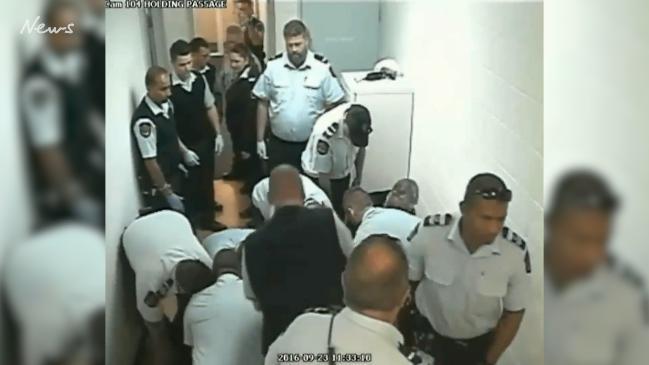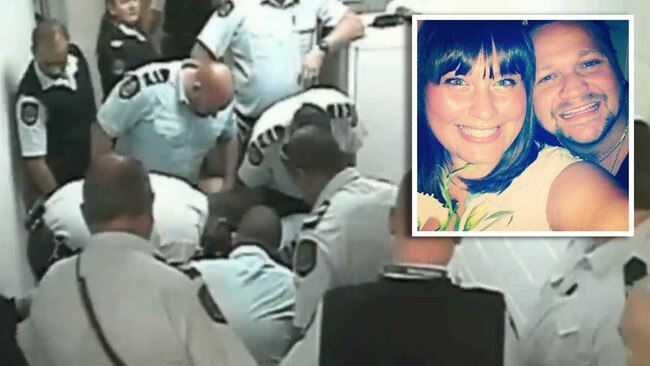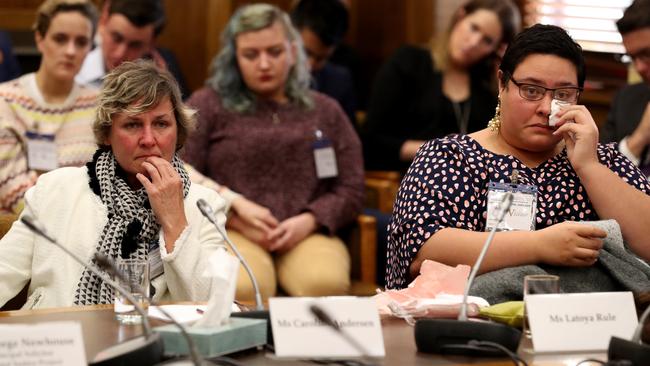Supreme Court rules that Deputy Coroner Jayne Basheer did not infect the Wayne Morrison inquest with bias
A Deputy Coroner accused of bias during the inquest of an indigenous man who died in Yatala Labour Prison will not be removed from the inquest, but she will not be able to force corrections officers to give evidence.

Police & Courts
Don't miss out on the headlines from Police & Courts. Followed categories will be added to My News.
A Deputy Coroner will not be removed from an inquest into the death on an indigenous man in custody, however she will not be able to make a finding of misconduct against corrections staff who restrained him, or compel them to give evidence.
Wayne Morrison, 29, died in the Royal Adelaide Hospital a week after he was restrained following a violent confrontation with corrections officers at Yatala Labour Prison in September 2016.
In the melee outside the prison’s video suite, multiple corrections officers were knocked unconscious, and Morrison – a Wiradjuri man – had a spit mask placed over his face while being restrained.
He was placed in the back of a van and driven to his cell block where he emerged blue and unresponsive. He was taken by ambulance to the RAH where he remained in a coma until he died.

Deputy Coroner Jayne Basheer began an inquest into the death in custody in 2018 with multiple guards, police and medical staff on the list of witnesses.
A group of 18 corrections officers and one nurse who came into contact with Morrison on the day he was critically injured applied to the Supreme Court for a review of several of Ms Basheer’s decisions and for her to be removed from the inquest.
They argued that Ms Basheer had “infected” the court with bias because of her previous connection with a correctional officers’ fund and law firm at the heart of the inquest.
On Tuesday Justice Blue ruled that Ms Basheer had not demonstrated any bias and ought to remain at the head of inquest. However, he made orders limiting the powers of the inquest.

Justice Blue overturned an order made by Ms Basheer that the guards could not refuse to answer questions or present documents because it could leave them open to civil or criminal proceedings.
He also noted that Ms Basheer could not make a finding of misconduct or recommend disciplinary action in her final verdict.
